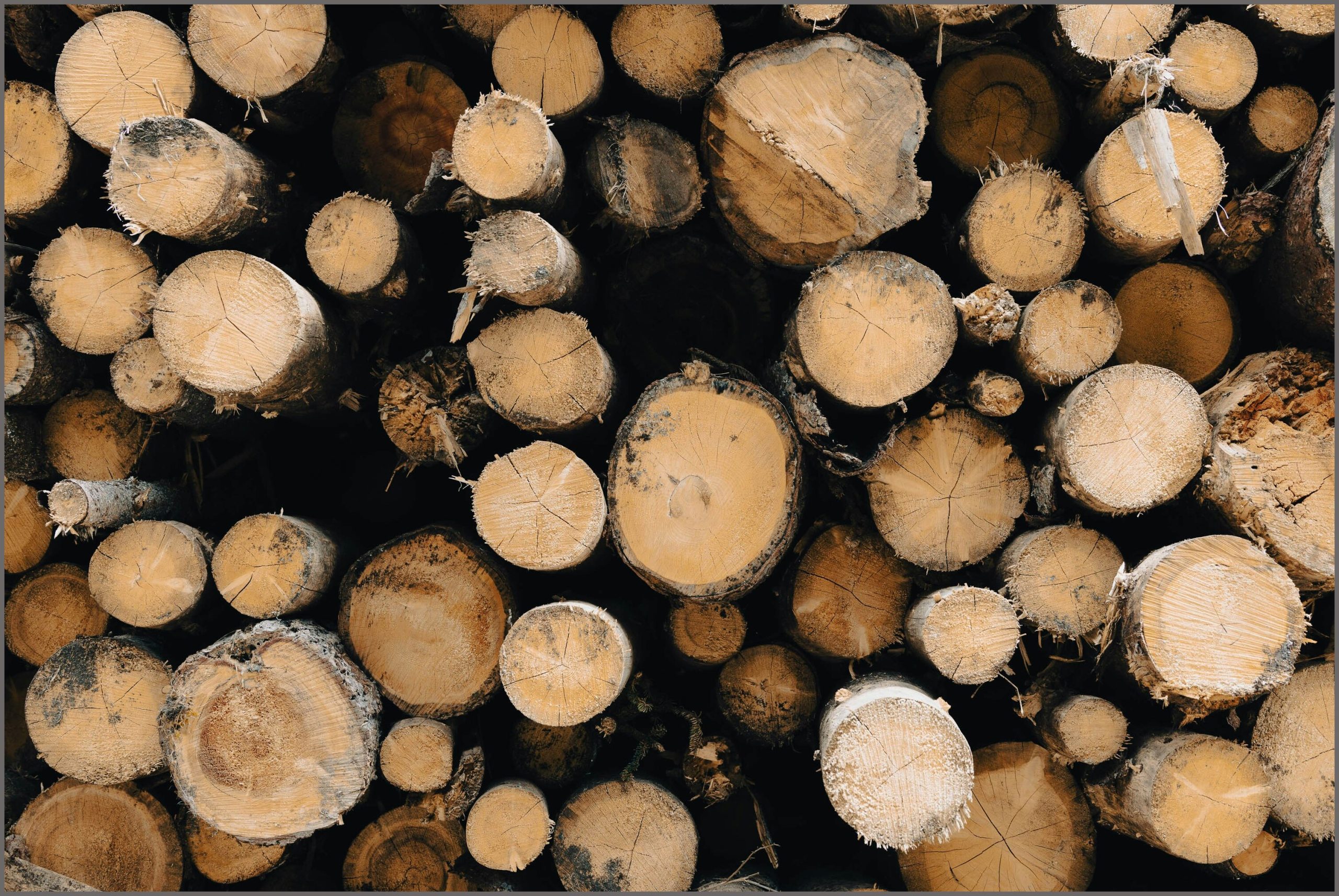Woodwork and Carpentry in Kenya: Crafting a Future with Skill and Precision
Woodwork and carpentry are more than just trades in Kenya—they are essential crafts that continue to shape both the rural and urban landscapes. From traditional homes in villages to modern houses in cities like Nairobi and Mombasa, the demand for quality woodwork is increasing. Whether it’s custom-made furniture or construction frameworks, skilled carpenters and woodworkers are critical to meeting Kenya’s housing and infrastructure needs.

This article explores the importance of woodwork and carpentry in Kenya, diving into the trends, skills needed, challenges, and opportunities within this growing industry. Here at Lanny Builders Limited, we do have a special team of highly qualified workmanship who specialises in Woodwork and Carpentry. For all of your needs related to Carpentry and funiture, kindly reach out to us and we will fulfill your wishes in more simplifical yet sophisticated ways.
The Role of Woodwork in Kenya’s Construction Industry
Kenya’s real estate sector has seen substantial growth over the past decade. With the population rising and urbanization speeding up, the construction of homes, office spaces, and commercial buildings has created a booming market for woodwork. Carpentry is integral to this growth, playing a vital role in roofing, flooring, cabinetry, and more.

Whether you’re a developer working on a high-rise in Nairobi or a homeowner building a traditional mud-and-wood home, professional carpenters and woodworkers are needed at every stage. They offer specialized skills for creating custom doors, windows, and interior finishing. Local carpenters have embraced modern tools and technology, resulting in quality work that aligns with global standards while still incorporating Kenyan traditions.
Wood Types Commonly Used in Kenya
In carpentry and woodwork, the type of wood used can significantly impact the final product’s quality, durability, and cost. In Kenya, several types of wood are popular among carpenters and woodworkers:

- Mahogany: A favorite for its strength and durability. Mahogany is mostly used for high-end furniture and construction where longevity is key.
- Cypress: This is widely available and more affordable. Cypress is used in framing, roofing, and even furniture making.
- Moringa Wood: Known for its sustainability and being fast-growing, Moringa is becoming a popular choice in rural Kenya, especially for constructing homes and fences.
- Pine: Often used for making furniture because it is lightweight and easy to work with. Pine also takes stains and paints well, which adds to its appeal.
- Teak: Although expensive, teak is highly durable and resistant to termites. It’s often used for outdoor furniture and boat construction due to its water-resistant properties.
- Eucalyptus: Fast-growing and readily available, eucalyptus is used for both construction and furniture. It’s a sustainable option for those conscious of environmental impacts.
Kenyan carpenters are skilled at working with these woods, combining them to create unique and durable products.
Training and Skills Development for Kenyan Carpenters
Carpentry is a skill that can be learned through both formal education and practical apprenticeships. Kenya has several vocational training institutions that offer courses in carpentry and woodwork. For example, the Kenya Industrial Training Institute (KITI) and the National Youth Service (NYS) provide carpentry and joinery training.

However, many carpenters in Kenya learn their craft through informal apprenticeships. This is common in both rural and urban areas, where experienced carpenters take on young people as apprentices. Over the years, these apprentices gain hands-on experience, learning everything from basic joinery to advanced wood carving and furniture design.
For those looking to scale their carpentry skills, enrolling in a short course that includes modern carpentry techniques—such as CNC (Computer Numeric Control) woodcutting, and the use of power tools—is a great way to stay competitive in the market.
Opportunities in Woodwork and Carpentry in Kenya
The growing middle class in Kenya has led to an increase in the demand for custom-made furniture and unique wood products. Consumers today want more than just function; they want craftsmanship and style. This is evident in the rising trend of handcrafted wood furniture in homes, restaurants, and offices.
- Custom Furniture: Custom-made furniture has grown in popularity. People want bespoke dining tables, beds, and chairs that suit their taste and lifestyle. For example, many cafes and hotels in Nairobi opt for locally crafted tables and chairs made from high-quality wood, creating a rustic, yet modern aesthetic.
- Home Décor: Interior design is on the rise in Kenya. Woodworkers who specialize in creating décor items such as wooden wall art, shelves, and custom door frames can find a niche market among Kenyan homeowners.
- Construction Sector: With the government’s Big Four Agenda focusing on affordable housing, carpentry is critical to delivering quality housing units. Opportunities exist in providing roofing, ceiling designs, and interior finishing services for these projects.
- Export Markets: Some skilled carpenters in Kenya are exporting their furniture and décor items. Unique Kenyan wood carvings, furniture, and crafts are appreciated in markets like Europe and the United States. With platforms like Jumia and Kilimall, e-commerce has opened up more opportunities for local woodworkers to reach global markets.
- Eco-Friendly Woodwork: There is growing awareness about sustainable wood use in Kenya. Woodworkers who promote environmentally-friendly practices, such as using reclaimed wood or fast-growing species like bamboo and moringa, are finding a receptive market.

Challenges Facing the Carpentry Industry in Kenya
Like many trades, carpentry in Kenya faces its share of challenges:
- Deforestation: The logging of indigenous forests has significantly reduced the availability of hardwoods like mahogany. This has led to the rise in timber costs, making it more expensive for both carpenters and consumers.
- Lack of Modern Tools: While some carpenters in urban areas have access to modern tools and machinery, many in rural areas rely on traditional hand tools. This limits their ability to produce large quantities or intricate designs efficiently.
- Training and Certification: Most carpenters in Kenya lack formal certification, which can limit their ability to access larger contracts, especially in the formal construction sector. Vocational training needs more investment to ensure carpenters receive certification and the necessary modern skills.
- Market Access: Many skilled woodworkers struggle to find markets for their products. The local market is often price-sensitive, while the export market requires meeting specific quality standards that can be difficult for some woodworkers to achieve without modern equipment.
The Future of Woodwork and Carpentry in Kenya
The future of woodwork and carpentry in Kenya looks promising. As the country continues to urbanize, the demand for carpentry skills will only grow. Government initiatives to provide affordable housing, coupled with the booming construction sector, will continue to fuel demand for carpenters.
Moreover, the rise of sustainable practices and eco-friendly designs in woodworking presents new opportunities for carpenters to distinguish themselves in a competitive market. By incorporating technology, such as CNC machines and advanced woodworking software, local carpenters can improve productivity and product quality, positioning themselves well for both local and international markets.
Ultimately, the key to success in Kenya’s woodwork and carpentry industry is continuous learning, adapting to market trends, and maintaining a high level of craftsmanship. For those willing to put in the work, carpentry offers a sustainable and profitable career path, deeply rooted in Kenyan culture and tradition.
